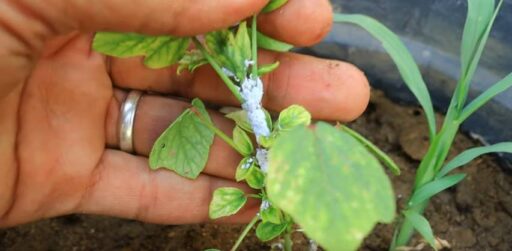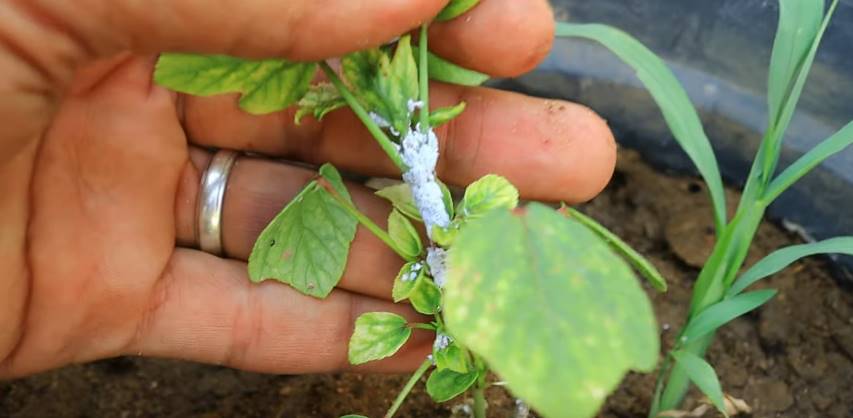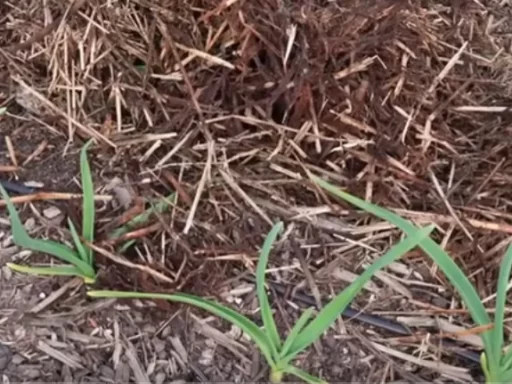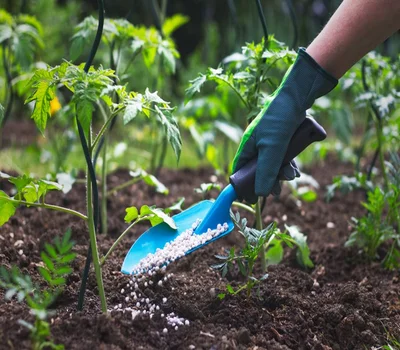Winter is slowly coming to an end, and as gardeners prepare for the next growing season, insect pests will begin to awaken. One of the most common recommendations for organic pest control is the use of homemade sprays containing neem oil. However, after using neem oil in my garden for two years, I’ve made the decision to stop. Here’s why I will never use neem oil again, and after learning these reasons, you might reconsider using it as well.
Lack of Concrete Evidence on Neem Oil’s Effectiveness
One of the main reasons I stopped using neem oil is the lack of solid evidence proving its effectiveness in controlling insect pests. Neem oil contains a chemical called azadirachtin, which is believed to act as an insect control agent. However, despite this claim, there are no controlled studies or hard data supporting its effectiveness in reducing insect populations.
From my experience, people have varying explanations for how neem oil works. Some claim it acts as an insect repellent, others believe insects need to ingest it for it to be effective, while a third group argues that it disrupts reproduction. Despite these claims, I saw no real impact in my garden. Insects continued to infest my plants, and I never saw any dead bugs after using neem oil, unlike when using real insecticides where you can visibly notice the effect.
High Cost and Unclear Effectiveness
Neem oil is costly, especially when considering the alternatives. Cold-pressed neem oil costs around $34 for a 32-ounce container, which can make 32 gallons of spray. This translates to about $1.06 per gallon. Meanwhile, natural insecticides like pyrethrin, which comes from chrysanthemum flowers and works as a powerful nerve toxin to insects, cost significantly less at around $19 for a similar-sized container. This means each gallon of spray costs around $0.59, making pyrethrin 80% cheaper than neem oil.
Additionally, neem oil must be mixed with dish soap to emulsify it, raising the question of whether the soap is responsible for any insect control rather than the neem oil itself. In my own tests, dish soap sprays were as effective as neem oil-based sprays, making the use of neem oil an unnecessary expense.
Negative Effects on Plants
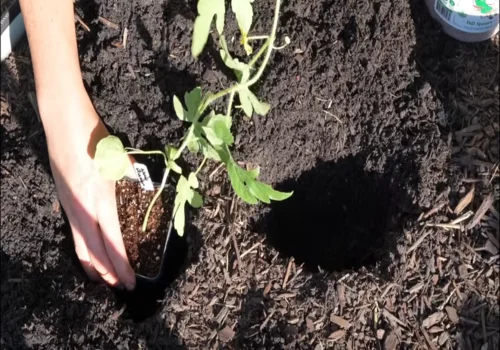
Neem oil can have adverse side effects on plants, especially in hot climates. When applied, it leaves a thick, oily residue that can react with sunlight, causing plants to burn. In regions like the southeastern coast of North Carolina, where temperatures frequently exceed 80°F, spraying neem oil can do more harm than good.
Furthermore, neem oil has an unpleasant odor that lingers even after rainfall. The smell is so off-putting that it made spending time in my garden unbearable. The residue also affects the taste of fruits and vegetables, requiring thorough washing before consumption. Real insecticides like spinosad or pyrethrin do not have these drawbacks, as they don’t leave a bad odor or alter the taste of produce.
It’s Not Safer Than Other Natural Insecticides
Many gardeners use neem oil because they believe it’s safer for beneficial insects like bees and ladybugs. While neem oil primarily affects insects that feed on plants, the same can be said for other natural insecticides like spinosad, which targets only the pests eating the plants. Spinosad, for example, is a natural bacterium that kills pests by damaging their digestive systems. In contrast to neem oil, spinosad is highly effective and works within a couple of days.
When I used spinosad in my garden, I could visibly see its effects the next day with dead insects littering the ground. It is effective against a variety of pests such as cabbage worms, tomato hornworms, and spider mites. In comparison, neem oil’s effectiveness remains questionable, especially given its high cost and negative side effects.
Conclusion
Neem oil may have a devoted following in the organic gardening community, but in my experience, it’s an overpriced and underperforming product. There are far better alternatives that are more cost-effective, safer for plants, and more efficient in controlling pests. Whether you’re considering neem oil for the first time or have used it before, it may be time to reconsider and explore more reliable options like spinosad and pyrethrin for your garden’s health.
Frequently Asked Questions
- Is neem oil effective for all insect pests? No, neem oil’s effectiveness is not consistent across all pests, and its results can vary depending on the insect and the environment.
- Can neem oil burn my plants? Yes, neem oil can cause plants to burn, especially in hot climates where temperatures exceed 80°F.
- Why does neem oil leave a bad smell? Neem oil has a naturally strong and unpleasant odor that can linger even after rain, making it difficult to work in the garden.
- Do I need to wash my vegetables after using neem oil? Yes, because neem oil leaves a thick residue on plants, it’s necessary to wash vegetables thoroughly with hot soapy water before consumption.
- Is neem oil safe for bees and beneficial insects? While neem oil may be safe for beneficial insects like bees and ladybugs, other insecticides like spinosad provide similar benefits without neem oil’s drawbacks.
- Is neem oil cost-effective? Neem oil is more expensive compared to natural insecticides like spinosad and pyrethrin, which are both cheaper and more effective.
- What are the alternatives to neem oil? Alternatives to neem oil include spinosad and pyrethrin, both of which are more effective at killing pests and are more affordable.

